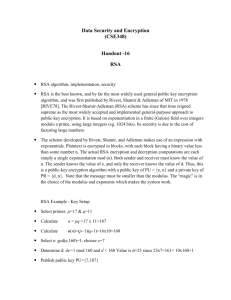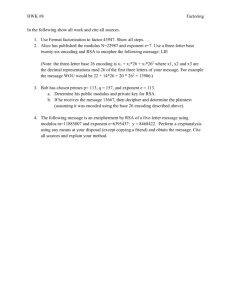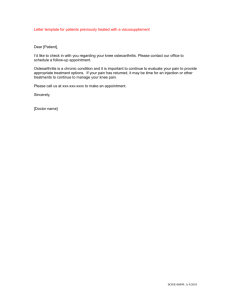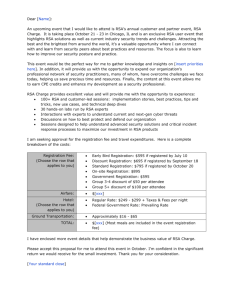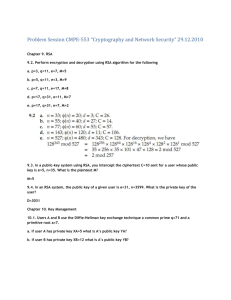complete description - Research at Oslo University Hospital
advertisement
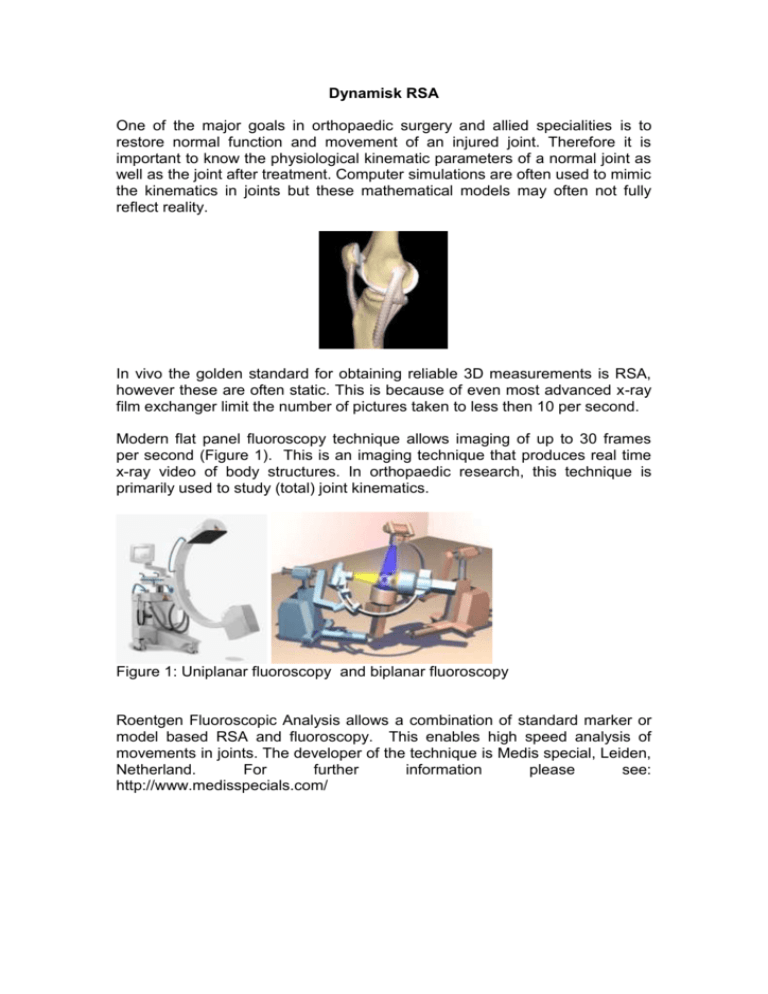
Dynamisk RSA One of the major goals in orthopaedic surgery and allied specialities is to restore normal function and movement of an injured joint. Therefore it is important to know the physiological kinematic parameters of a normal joint as well as the joint after treatment. Computer simulations are often used to mimic the kinematics in joints but these mathematical models may often not fully reflect reality. In vivo the golden standard for obtaining reliable 3D measurements is RSA, however these are often static. This is because of even most advanced x-ray film exchanger limit the number of pictures taken to less then 10 per second. Modern flat panel fluoroscopy technique allows imaging of up to 30 frames per second (Figure 1). This is an imaging technique that produces real time x-ray video of body structures. In orthopaedic research, this technique is primarily used to study (total) joint kinematics. Figure 1: Uniplanar fluoroscopy and biplanar fluoroscopy Roentgen Fluoroscopic Analysis allows a combination of standard marker or model based RSA and fluoroscopy. This enables high speed analysis of movements in joints. The developer of the technique is Medis special, Leiden, Netherland. For further information please see: http://www.medisspecials.com/ Work flow of marker based Roentgen Fluoroscopic Analysis is as follows: As in conventional RSA markers are placed in the implant or joint to define during surgery Postoperatively a standard RSA double examination is performed These allow to define a three dimensional marker modell. The patients are performing a movement filmed high speed fluoroscopy The marker models are then projected over the fluoroscopy pictures. All pictures are marked consecutively. The movements are analyzed with the sophisticated software. Example of results General information The precision for dynamic RSA with fluouroscopy is 0.1-0.2 mm for translasjoner og 0.3 grader for rotasjoner (Garling et al. 2005, Iopollo 2006, Ioppolo et al 2007). Stephan Maximillian Röhrl, Alexis Hinojosa and Thomas Kibsgård after the first recording of a patient at Oslo university hospital on the 3 rd of June. This technique may be used in basically any joint. All equipment and software is installed, working and in use. Currently we have started 1 pilot study in the pelvis and developing a tool to standardize knee testing for stability. This will allow knee stability evaluation with dynamic RSA. We are open for any new study idea. Interested researchers may contact us for collaboration and study support (Stephan M. Röhrl). References: Prins AH, Kaptein BL, Stoel BC, Nelissen RG, Reiber JH, Valstar ER. Integrated contour detection and pose estimation for fluoroscopic analysis of knee implants. Proc Inst Mech Eng H. 2011 Aug;225(8):753-61. Eminovic N, Dijkgraaf MG, Berghout RM, Prins AH, Bindels PJ, de Keizer NF. A cost minimisation analysis in teledermatology: model-based approach. BMC Health Serv Res. 2010 Aug 25;10:251. Prins AH, Kaptein BL, Stoel BC, Reiber JH, Valstar ER. Detecting femurinsert collisions to improve precision of fluoroscopic knee arthroplasty analysis. J Biomech. 2010 Mar 3;43(4):694-700. Wolterbeek N, Garling EH, Mertens BJ, Nelissen RG, Valstar ER. Kinematics and early migration in single-radius mobile- and fixed-bearing total knee prostheses. Clin Biomech (Bristol, Avon). 2011 Nov 2. [Epub ahead of print] van Ijsseldijk EA, Valstar ER, Stoel BC, Nelissen RG, Reiber JH, Kaptein BL. The robustness and accuracy of in vivo linear wear measurements for knee prostheses based on model-based RSA. J Biomech. 2011 Oct 13;44(15):2724-7. Tuijthof GJ, Beimers L, Jonges R, Valstar ER, Blankevoort L. Accuracy of a CT-based bone contour registration method to measure relative bone motions in the hindfoot. J Biomech. 2009 Apr 16;42(6):686-91. Prins AH, Kaptein BL, Stoel BC, Nelissen RG, Reiber JH, Valstar ER. Handling modular hip implants in model-based RSA: combined stem-head models. J Biomech. 2008 Oct 20;41(14):2912-7 Kaptein BL, Valstar ER, Stoel BC, Reiber HC, Nelissen RG. Clinical validation of model-based RSA for a total knee prosthesis. Clin Orthop Relat Res. 2007 Nov;464:205-9. de Bruin PW, Kaptein BL, Stoel BC, Reiber JH, Rozing PM, Valstar ER. Image-based RSA: Roentgen stereophotogrammetric analysis based on 2D3D image registration. J Biomech. 2008;41(1):155-64. Koning OH, Oudegeest OR, Valstar ER, Garling EH, van der Linden E, Hinnen JW, Hamming JF, Vossepoel AM, van Bockel JH. Roentgen stereophotogrammetric analysis: an accurate tool to assess stent-graft migration. J Endovasc Ther. 2006 Aug;13(4):468-75. Kaptein BL, Valstar ER, Spoor CW, Stoel BC, Rozing PM. Model-based RSA of a femoral hip stem using surface and geometrical shape models. Clin Orthop Relat Res. 2006 Jul;448:92-7. Valstar ER, Gill R, Ryd L, Flivik G, B√∂rlin N, K√§rrholm J. Guidelines for standardization of radiostereometry (RSA) of implants. Acta Orthop. 2005 Aug;76(4):563-72. Kaptein BL, Valstar ER, Stoel BC, Rozing PM, Reiber JH. A new type of model-based Roentgen stereophotogrammetric analysis for solving the occluded marker problem. J Biomech. 2005 Nov;38(11):2330-4. Kaptein BL, Valstar ER, Stoel BC, Rozing PM, Reiber JH. Evaluation of three pose estimation algorithms for model-based roentgen stereophotogrammetric analysis. Proc Inst Mech Eng H. 2004;218(4):231-8. Li MG, Yao F, Joss B, Ioppolo J, Nivbrant B, Wood D. Mobile vs. fixed bearing unicondylar knee arthroplasty: A randomized study on short term clinical outcomes and knee kinematics. Knee. 2006 Oct;13(5):365-70. Epub 2006 Jun 22. Ioppolo J, Börlin N, Bragdon C, Li M, Price R, Wood D, Malchau H, Nivbrant B. Validation of a low-dose hybrid RSA and fluoroscopy technique: Determination of accuracy, bias and precision. J Biomech. 2007;40(3):686-92.
